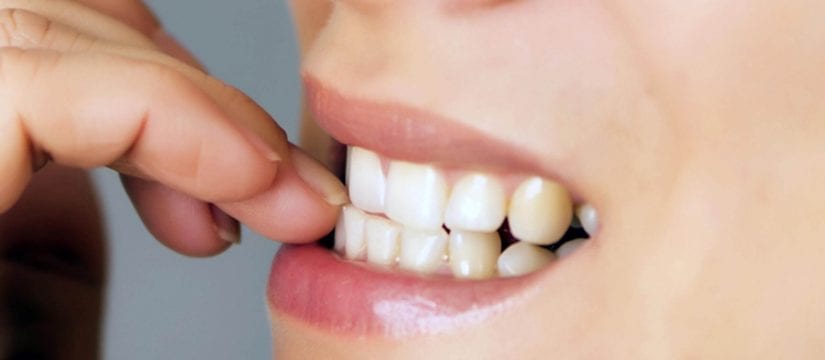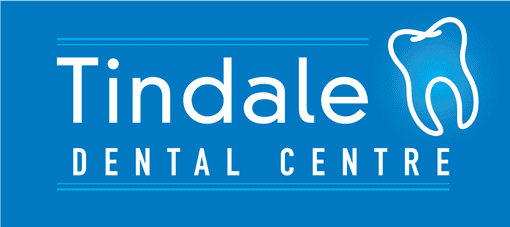
Don’t ig-gnaw your gnawing habit
Do you regularly chew and gnaw on hard objects such as pens, pencils or ice cubes? This is a habit that you mustn’t ignore! You could be causing more damage than you realise.
Constantly biting and grinding your teeth on hard objects can chip, wear-down, damage and erode the protective enamel of your teeth. This predisposes your teeth to chipping and cracking. With time, you may notice that your teeth take up red wine or caffeine stains more readily, or that the damaged areas appear to be yellowing.
If these aren’t reason enough to stop the habit consider this – biting down on hard objects commonly causes cracks to form in teeth. This can cause pain and sensitivity, exposes the tooth to infection, and may even result in tooth loss.
It’s not just your teeth that you could be injuring! Gnawing away on that pen could also be damaging the facial muscles, and potentially develop into lockjaw. It also has the potential to shift the alignment of your teeth. And let’s not forget how unhygienic it is – you don’t know where that pencil has been, or who has touched that pen after going to the toilet and not washing their hands!
As it is a habit, it may be difficult to break. You could try chewing on sugar-free gum instead as this will help to stimulate saliva production, which contains substances that help to protect against tooth decay. However, you need to be careful not to replace one habit with another – chewing gum all day long has its own associated issues, such as overworking the jaw muscles which may lead to headaches.
One more point on this subject – your teeth are not meant to be used as tools. So please avoid using them to open packaging or to tear through tape. It can also cause chipping and cracking, as well as potentially loosening fillings and crowns.
Are you suffering from the results of ignoring your bad dental habits? Our highly experienced team of Dentists at Tindale Dental Centre in Penrith are always here to provide you with outstanding dental care and advice. As always, it’s best to seek treatment sooner rather than later to prevent your condition from becoming worse. So, contact our friendly practice today on 4722 6115.
